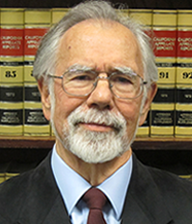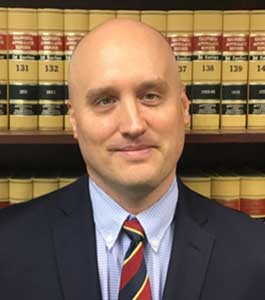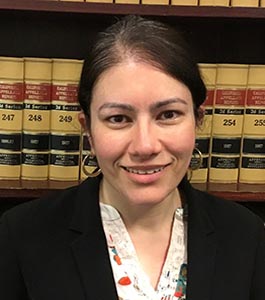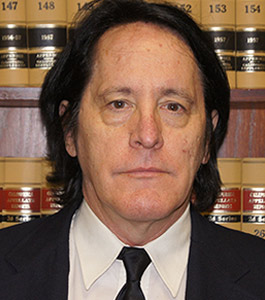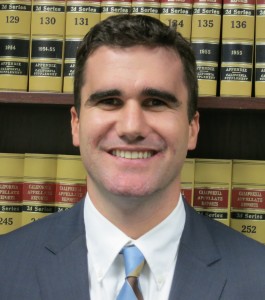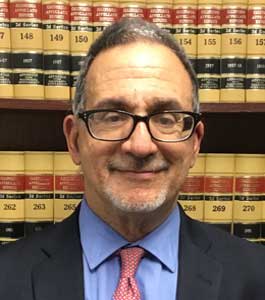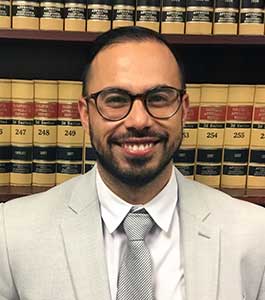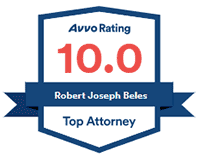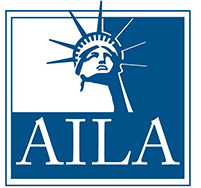Lie Detector Tests and Polygraphs
A lie detector test or a polygraph test is used to determine whether the defendant or witness shows physiological and psychological reactions in response to certain questions. These tests are typically given if it is believed that the defendant or a witness is intentionally trying to deceive authorities or attorneys. There are various types of lie detector tests. Examples of types of tests are as follows:
- Polygraph test.
- Deceptograph test.
- Voice stress analyzer.
- Psychological stress evaluator.
- Any other test that measures one’s diagnostic readings.
- Physical condition of the defendant or witness.
- Mental disorders that either the defendant or witness suffers from.
- Use of alcohol or narcotics.
- Distractions in the examination room.
- General feeling of being uncomfortable and nervous.
- Motivation for agreeing to take the lie detector test.
Polygraph
A polygraph is defined as an instrument that continuously records permanent and simultaneous changes in one’s cardiovascular, respiratory, and electrodermal patterns. The results of a polygraph are used for rendering a diagnostic opinion regarding one’s honesty.
The defendant or witness is not required to take a polygraph or any other lie detector-type test unless they agree to submit to the test. Polygraph results are generally not admissible. If the parties agree on their admissibility, then the trial court may admit the results for certain purposes.
Factors that May Affect the Results of a Lie Detector or Polygraph Examination
There are numerous factors, other than not telling the truth, which may affect the results of a lie detector examination. Some of the factors that may be considered include:
Judicial Community
The judicial community does not look favorably upon lie detector or polygraph tests. The tests are not found to be scientific within the definition of scientific tests. Further, the tests have been found to be extremely unreliable. The defendant or witness may be able to “beat” the test or may not have any reaction to the questions asked. In the alternative, the defendant or witness may be extremely nervous during the test and may produce a false reading as a result.
Copyright 2012 LexisNexis, a division of Reed Elsevier Inc.
| Robert Beles | - | State Certified Criminal Law Specialist |
| Anne Beles | - | State Certified Criminal Law Specialist |
| Paul McCarthy | - | State Certified Appellate Law Specialist |
| Emilio Parker | - | State Certified Immigration Law Specialist |
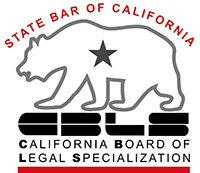
Contact us for a free consultation: (510) 836‑0100
Let our experience work for you. We can help!


